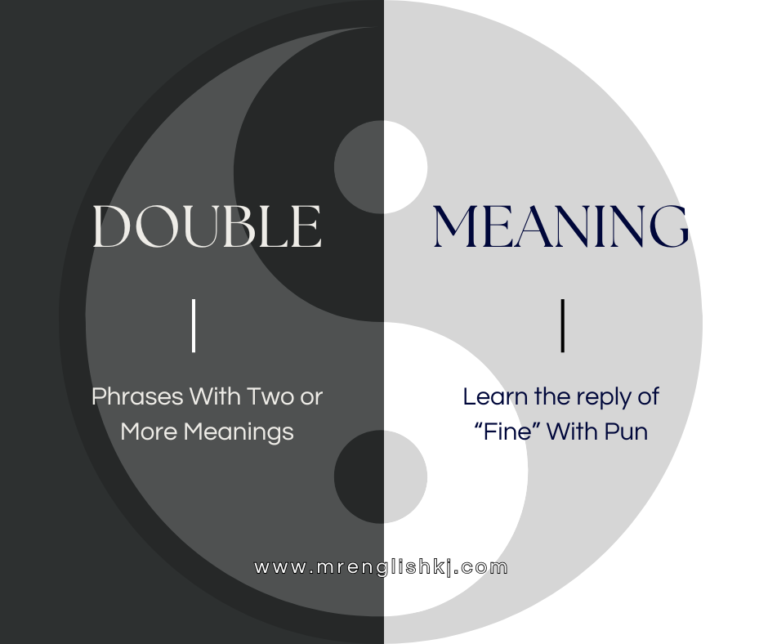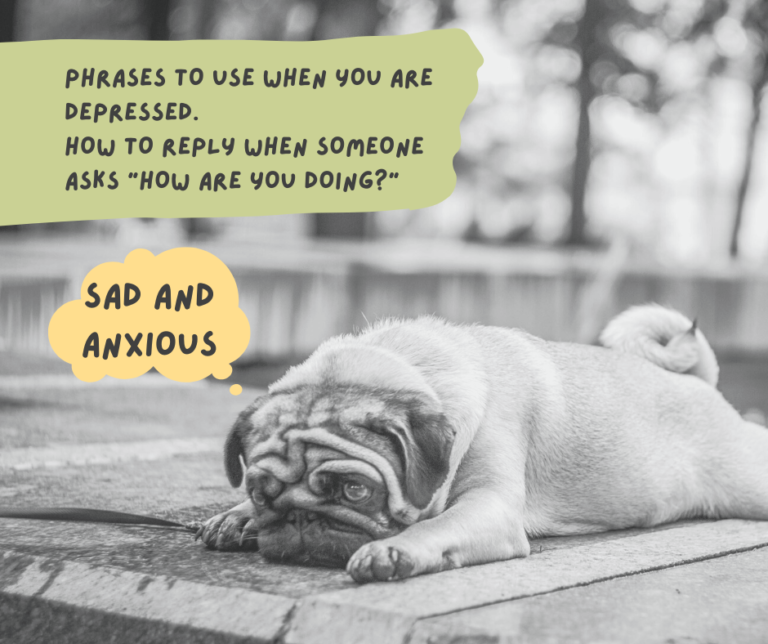Ought
Ought To = We use ‘Ought to’ to express desire, obligation, duty, and possibility.
Modals = Modal Verbs are all about the expressions but not the action.
Ought To Rules
- Ought + to + Verb 1st form = He, She, It, I, You, We, They, This, That, Singular Noun, and Plural Nouns…
Ought To Format
- Affirmative = Subject + ought + to + verb 1st form + other words.
- Negative = Subject + ought + not + to + verb 1st form + other words.
ought + not = oughtn’t.
- Simple Interro = Ought + subject + to + verb 1st form + other words?
- Simple Interro Negative = Ought + subject + not + to + verb 1st form + other words?
- Interrogative = Wh-family + ought + subject + to + verb 1st form + other words?
- Interrogative Negative = Wh-family + ought + subject + not + to + verb 1st form + other words?
Ought To Definition
1. Desire or Ideal = We use “Ought” to express desire or ideal. Ideal means, it is best to do in that situation. It is more formal and polite than “Should.”
e.g. –
- There ought to be more public hospitals. (desire or ideal = Means of the sentence – It’s my desire to have more public hospitals. Or It’s best to have more public hospitals)
- It is late at night. We ought to go back home. (ideal = Means of the sentence – It is best that we go back home.)
- You ought to find them before it’s too late. (desire or ideal = Means of the sentence – It is my desire for you to find them. Or It is best for you to find them.)
- Ought I to leave? (Ask for desire or ideal = Means of the sentence – Is anyone want/desire me to leave? Or Is it best if I leave?)
- What ought you to eat? (Ask for desire or ideal = Means of the sentence – What is your desire to eat? Or What is best for you to eat?)
2. Obligation or Duty = We use “Ought” to express obligation and duty. Our obligation is our responsibility. Duty is always more superior than an obligation. The difference between duty or obligation is based on the way you express the sentence.
e.g. – We also use “Should” to express obligation or duty but “Ought” is more formal and polite than “Should.”
- You ought to work hard in the office. (obligation or duty)
- We ought not to burn the garbage. (obligation or duty)
- Men ought to give equal rights to women. (obligation or duty)
- One ought to respect everyone. (obligation or duty)
- We all ought to donate. (obligation or duty)
3. Future Possibility = We use “Ought” when there is a chance to do or happen in the future. We express the future possibility, we are not sure about it. There is a probability of happening in the future.
e.g. –
- Don’t start the party! He ought to join us within a minute. (possibility)
- No problem. We ought to come with a new plan. (possibility)
- When ought we not to worry about the future? (ask for the possibility)
- Ought she to become a star someday? (ask for the possibility)
- You Ought to join the Indian Army next time. (possibility)
Modals = Modals are all about the expressions that do not take place. When we use Modals, we only express, we do not do it. When we do, we use Tense.
Modals – can, could, may, might, should, would, will, shall, ought to, and must, etc.
Thanks for choosing us!



I was always confused between the difference of SHOULD and OUGHT, thank you for this.
I ought to practice English daily.